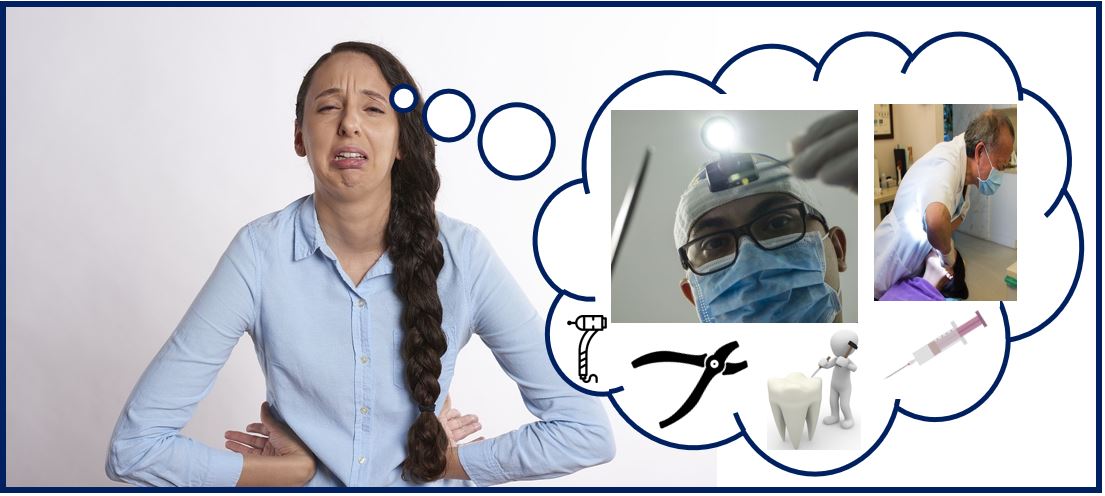Do you start to feel anxious at the prospect of visiting a dentist? In fact, you may even have trouble sleeping the night before, and the nervousness that you feel will get worse when you actually arrive.
Make no mistake, dental anxiety is a very real condition, and it is a lot more common than you think. That being said, there are ways to manage or overcome it – and you should definitely try them.

Talk to Your Dentist
If you feel that you have dental anxiety, the first thing that you should do is talk to your dentist about it. Let them know what you’re feeling and share any prior experiences that you may have had.
Because dental anxiety is so common, dentists have been trained to treat patients accordingly. By talking to them, they can help suggest ways to ease your anxiety, and will help answer any questions that you may have.
It would be best if you specifically look for a dentist that you feel comfortable with, and let them know about your anxiety during the first consultation. That way, you’ll be able to start learning how to cope with it right from the start.
More often than not, your dentist will agree on a signal that you can use if you start to feel too anxious and need a break. They may also explain things more clearly to help alleviate your fear of the unknown. In very severe cases, they may suggest administering a sedative.
Some Foods and Drinks Affect Anxiety Levels
Did you know that some foods and drinks can make you feel more anxious? The most notable would have to be caffeine. Caffeine is a stimulant. Stimulants raise levels of nervous or physiological activity in the body. This is very bad news for somebody who is already experiencing anxiety.
Remember that apart from coffee, many sodas, black tea, green tea, dark chocolate, and energy drinks also contain caffeine. Try to avoid them on the day of your dental appointment and also the evening before.
Additionally, you should avoid eating foods that are high in sugar. If you eat too much sugar you’ll find it more difficult to cope with stress and anxiety. The last thing you want during treatment is a sugar crash.
It may help to look up other foods that can trigger anxiety, and try to avoid them as well.
Distract Yourself
One of the best ways to cope with anxiety when you’re actually in the dentist’s chair is to find ways to distract yourself. You can, for example:
- Wear headphones to mask the noise, and listen to your favorite music, audiobook, or something else.
- Find a toy to keep your hands busy such as a stress ball or fidget spinner.
- Focus on your breathing, and slowly inhale and exhale while counting your breaths or trying other visualizations exercises.
Make no mistake, there are lots of other things that you can try to distract yourself. In some dental clinics there may be a TV that you can watch, or a dock that you can use to watch videos on your phone or tablet.
If you need suggestions, talk to your Bicester dentist and ask if they have any ideas you can try.
Final Words
Managing dental anxiety can be challenging. The suggestions we have included in this article will definitely give you a fighting chance. Ultimately, your goal should be to make sure that you don’t end up missing dental appointments because of your anxiety, or let it affect your quality of life in any way.
In the long term, you should try to find ways to identify the root cause of your anxiety and address it. Try joining a support group, mental health therapy, hypnosis, or cognitive behavioral therapy (CBT).
Tackling the root cause of most types of anxiety or fear can take a long time, including dental anxiety or dentophobia. However, as you get better at relaxation techniques and other measures, you will find that they really are effective.
________________________________________
Interesting related article: “5 Most Common Causes of Gum Disease That You Should Know About.”

